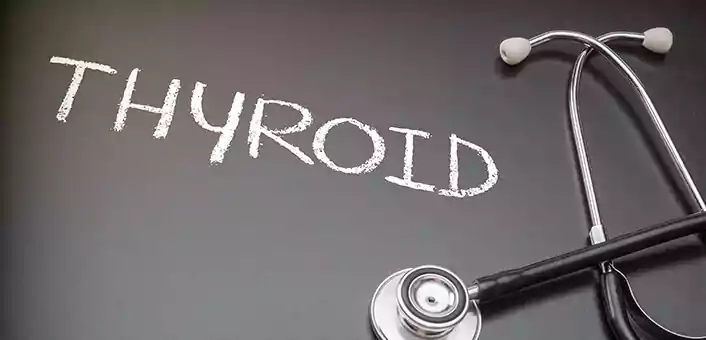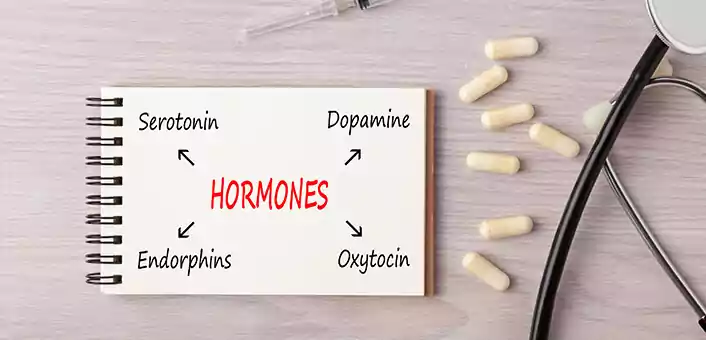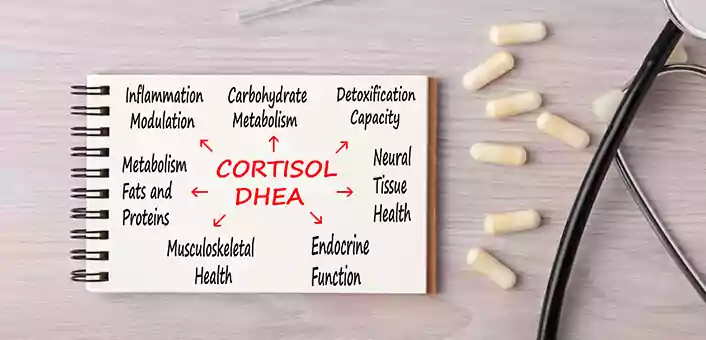
Intermittent Fasting
Lab Tests Needed For A Successful Intermittent Fasting Weight Loss Program
Apr 30, 2019You’ve tried to cut back on simple carbs and refined sugars, you’ve tried a plethora of new fad diets, you’ve overworked yourself at the gym, and you’re still not losing any weight. So you have decided to give the popular Intermittent Fasting protocol a go, and are wondering why you need lab test results for a weight loss program.
The reason is simple. Underlying health issues are a common reason for an inability to lose weight despite repeated efforts. A deficiency of vitamins and minerals like Vitamin D3, B12 or iron could be one issue. An imbalance of hormones like insulin, thyroid, sex hormones or stress hormones could be another underlying reason. It’s important to address any such issues for your Intermittent Fasting weight loss program to be a success.
With knowledge comes power. And this is why we recommend these 8 lab tests you should do for a successful Intermittent Fasting weight loss program.
- Diabetes or Insulin Profile Test

Insulin has been touted as a fat building hormone. With extra insulin circulating in the body, you tend to store more fat, while your body is also unable to breakdown accumulated fat as a source of energy. And the very basis of Intermittent Fasting is to utilize the extra fat stored in the body as a fuel source during fasting period. Most comprehensive blood panels include a fasting blood sugar test, which is often a great first sign of insulin resistance. If your fasting blood sugar levels are higher than normal, your doctor may also recommend postprandial blood glucose test as well as insulin sensitivity test. Armed with these results, your doctor will be better able to develop an eating strategy to boost your ability to lose weight in a healthy way.
2. Thyroid Hormone Test

Most doctors will recommend a full thyroid panel for evaluating thyroid function. You will need testing for TSH or Thyroid Stimulating Hormone, along with screening for T3, free T4 and thyroid antibodies. Together, these thyroid hormones affect your basal metabolic rate – the number of resting calories you burn each day. Low thyroid levels can make your metabolism sluggish and could be the reason behind your inability to lose weight.
3. Iron Test

Iron deficiency can be another reason behind your inability to lose weight. It slows down metabolism and can also cause fatigue and tiredness. Your doctor will advise tests to check serum iron and haemoglobin levels, and could also request for ferritin, transferrin, and total iron binding capacity tests. Based on the results, he/she can alter your diet to correct iron deficiency which will promote weight loss and improve metabolic parameters.
4. Vitamin D

Vitamin D deficiency is a common cause for obesity. Usually when the body is deficient in Vitamin D, it starts to pile on fat. This is often the reason many of us tend to gain a little weight in winters, when sunshine is scarce. A simple test will let your doctor know if you need Vitamin D supplements to augment your weight loss process.
5. Vitamin B12

Vitamin B12 plays an important role in converting fats and proteins into energy, while it also aids with breakdown of carbohydrates. This is why Vitamin B12 deficiency could be contributing towards your inability to lose weight coupled with lethargy. Low levels can cause anaemia, shortness of breath, dizziness and weakness, gut problems and a sluggish metabolism. Your doctor can prescribe supplements as well as diet changes to help correct this deficiency.
6. Sex Hormones

Sex hormones can also affect your weight. Many women who struggle with weight loss could have PCOS or Polycystic Ovarian Syndrome wherein elevated testosterone and insulin levels can contribute towards unexplained weight gain. Premenopausal women also tend to gain weight due to hormonal changes. The right eating plan with Intermittent Fasting can greatly improve hormonal balance. Similarly for men, declining levels of testosterone can cause more fat to be accumulated around the belly, as well as decreased muscle mass. Your doctor may recommend a total and free testosterone level test to check for any abnormalities.
7. Stress Hormones

Most of us are no strangers to the stress of everyday life. However, when the body is under stress, it produces a hormones called as cortisol. Elevated cortisol levels have been linked to weight gain. Too much cortisol can contribute towards increased belly fat, increased appetite, and also cravings for sugary junk food. Your doctor may advice a serum cortisol test done in the morning and evening to identify any abnormalities.
8. Lipid Profile Test

The lipid or fat profile test will measure HDL and LDL levels to ascertain levels of “good” vs “bad” cholesterols, along with total cholesterol and triglycerides levels. Armed with these results, your doctor will be able to optimize not only weight loss but also your heart health. The right Intermittent Fasting diet can boost levels of HDL or “good” cholesterol by introducing more healthy fats to your diet. With successful weight loss, your lipid profile levels will also change.
References:
Treatment of iron deficiency anemia induces weight loss and improves metabolic parameters –
https://www.ncbi.nlm.nih.gov/pubmed/24770833
Vitamin D deficiency is the cause of common obesity –
https://www.ncbi.nlm.nih.gov/pubmed/19054627
Vitamin B12 deficiency. Recognizing subtle symptoms in older adults –
https://europepmc.org/abstract/med/12650116
Longitudinal weight gain in women identified With polycystic ovary syndrome: Results of an
observational study in young women – https://onlinelibrary.wiley.com/doi/full/10.1002/oby.20213
Stress may add bite to appetite in women: a laboratory study of stress-induced cortisol and eating
behaviour – https://www.sciencedirect.com/science/article/pii/S0306453000000354




